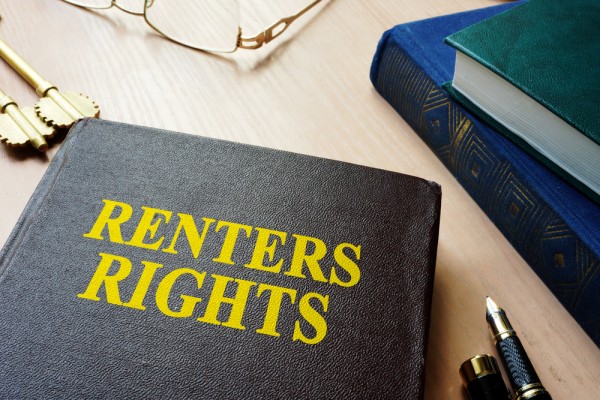
On October 9 the Renters’ Rights Bill will see its second reading. The first took place on 11 September with the bill’s introduction to the House of Commons. The second reading will allow MPS to consider the bill in more detail, the broader points of which were revealed at the end of September.
The bill aims to improve the systems for both the 11 million private renters and the 2.3 million landlords in England. However, while it gives several additional powers to tenants, many landlords are worried about the shift in rights.
1) Abolishment of Section 21 ‘no fault’ evictions
The abolishment of Section 21 ‘no-fault’ evictions has long been seen as one of the most significant parts of the bill and was also a feature of the previous government’s Renters Reform Bill before it was abandoned last year.
Tenancies will also move to a simpler periodic structure rather than the existing system of fixed term assured tenancies. The government has said both moves will allow for greater tenant security. This will make it less clear for landlords when their tenants might be leaving, however, since they will need to give only two months’ notice to end the tenancy.
However, clear and fair possession grounds will ensure landlords can still recover their property when reasonable, the government says. This will be subject to an initial 12-month protected period at the beginning of a tenancy during which landlords can’t evict tenants to move in themselves or sell the property. They will also be required to give four months’ notice when they want to use these grounds.
2) A right to have pets and an end to discrimination on tenants who are on benefits or have children
Landlords will now have to allow pets in the property unless they can provide reasonable reasons for refusal. Discrimination against those who receive benefits or have children will also be disallowed under the new bill.
3) The extension of Awaab’s Law to the private rented sector and application of the Decent Homes Standard
Awaab’s Law will give clear legal expectations about how quickly landlords will be expected to rectify serious hazards within a home, while the application of the Decent Homes Standard will help to ensure landlords are providing quality homes to tenants.
4) Restriction on rent rises and a ban on bidding wars
Rents will also be more closely controlled, particularly where rent rises are designed to force tenants out in ‘backdoor’ evictions. Landlords will only be able to increase rents to market prices for their properties once a year by serving a ‘section 13’ notice with two months’ notice of it taking effect.
If the tenant disagrees, then an independent tribunal will be able to make a judgement if required. Rental bidding will also be forbidden. Instead, landlords will be required to publish an asking rent and it will be illegal to ask for or accept offers above that agreed rate.
5) A new Private Rented Sector Landlord Ombudsman and Private Rented Sector Database
The new ombudsman service will help to handle tenants’ complaints about landlords, while the Private Rented Sector Database will help landlords understand their legal obligations and demonstrate compliance. Landlords will have to be registered on the database to use certain possession grounds.
For more information on how Kings Group can assist you on your letting journey, please contact one of our branches in Essex, London or Hertfordshire today. We also offer a free and instant online valuation to give you an idea of how much your home could be worth on the current market.
